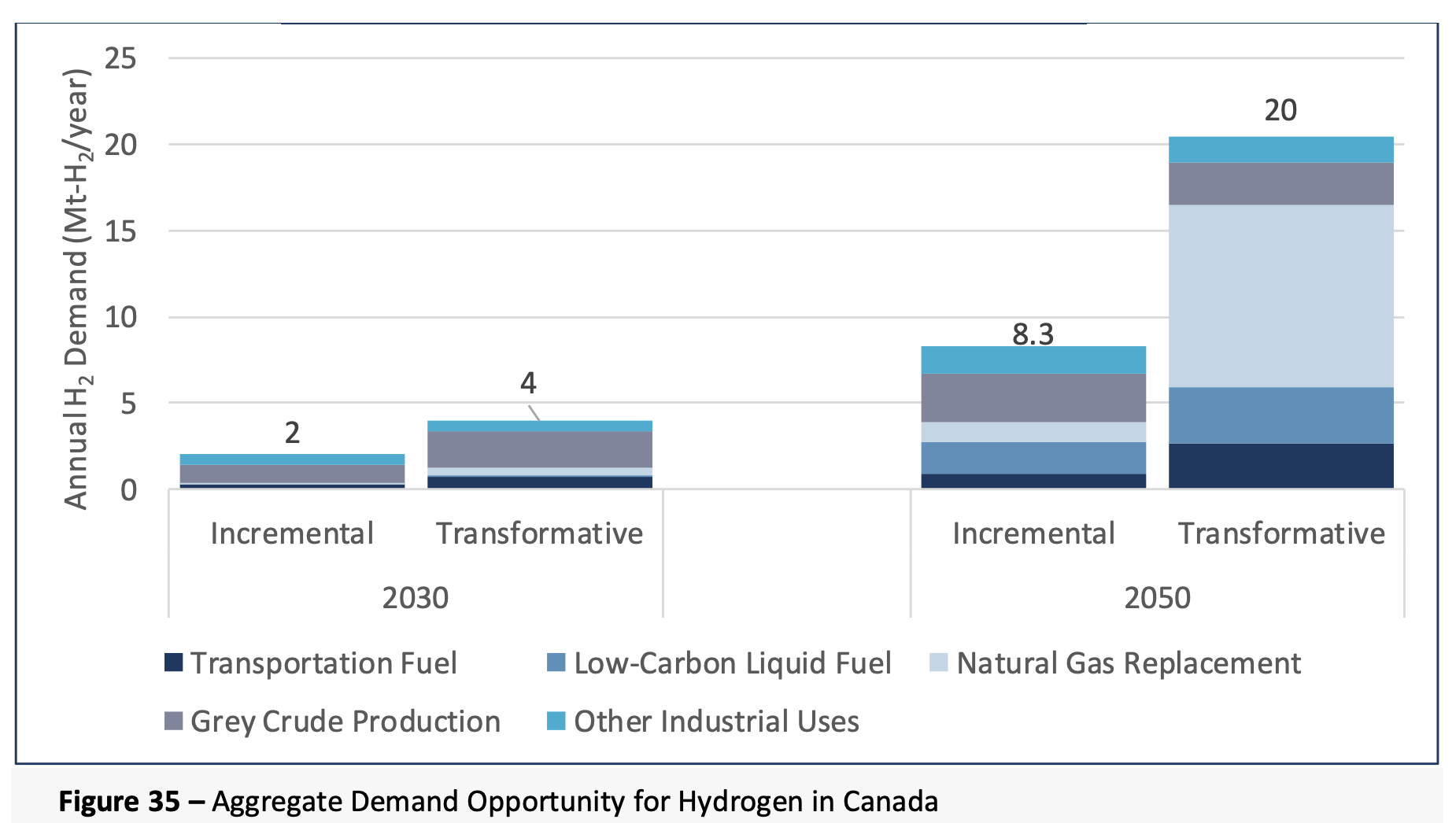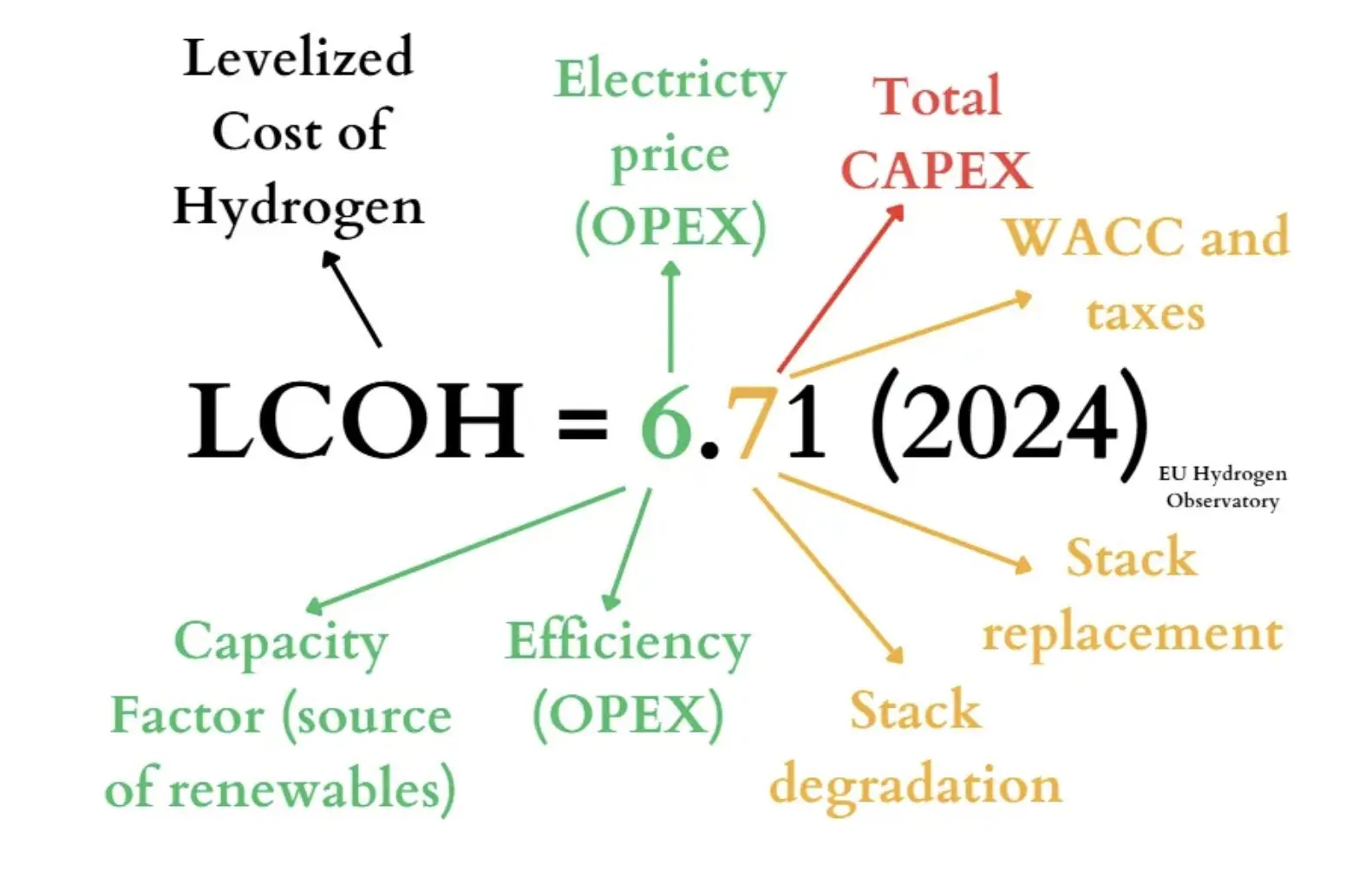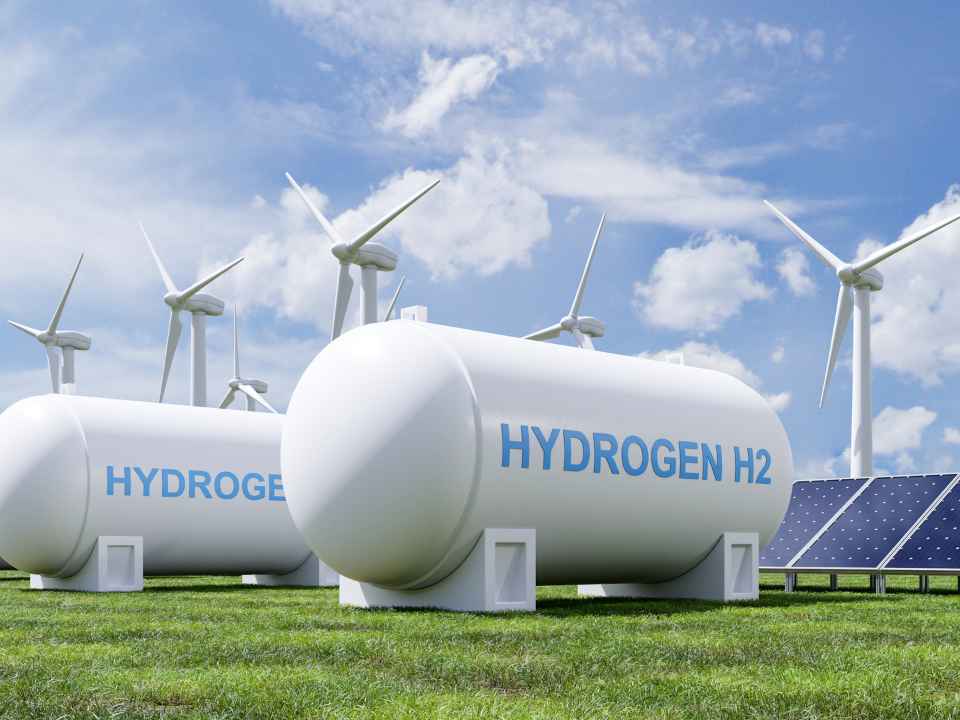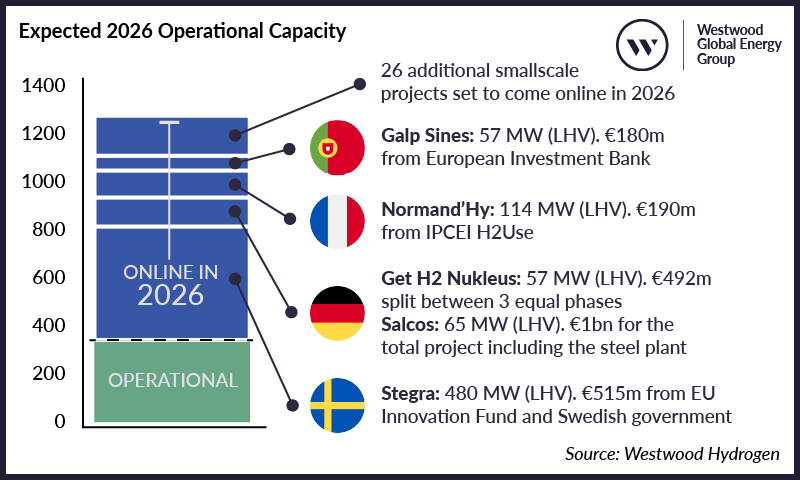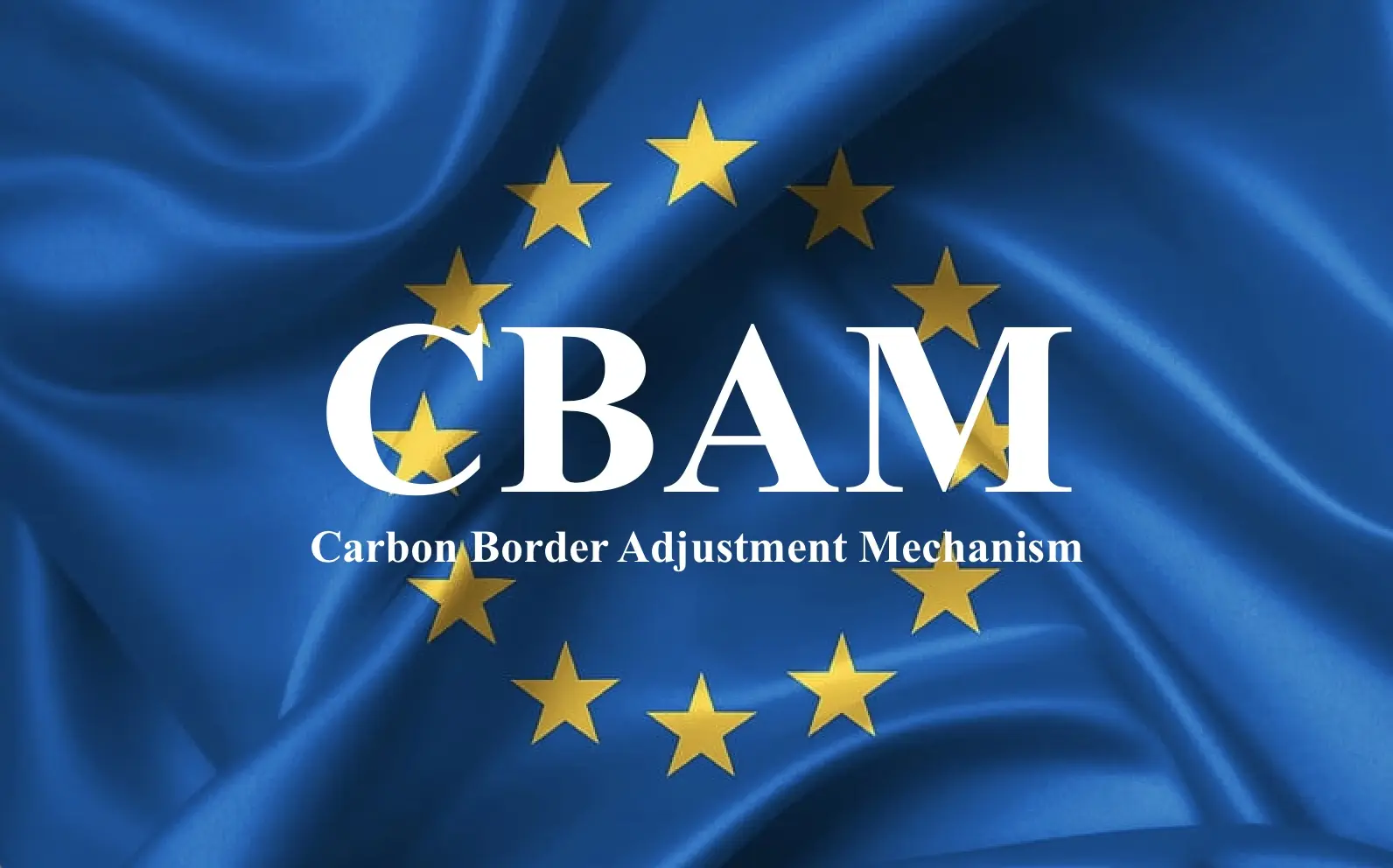
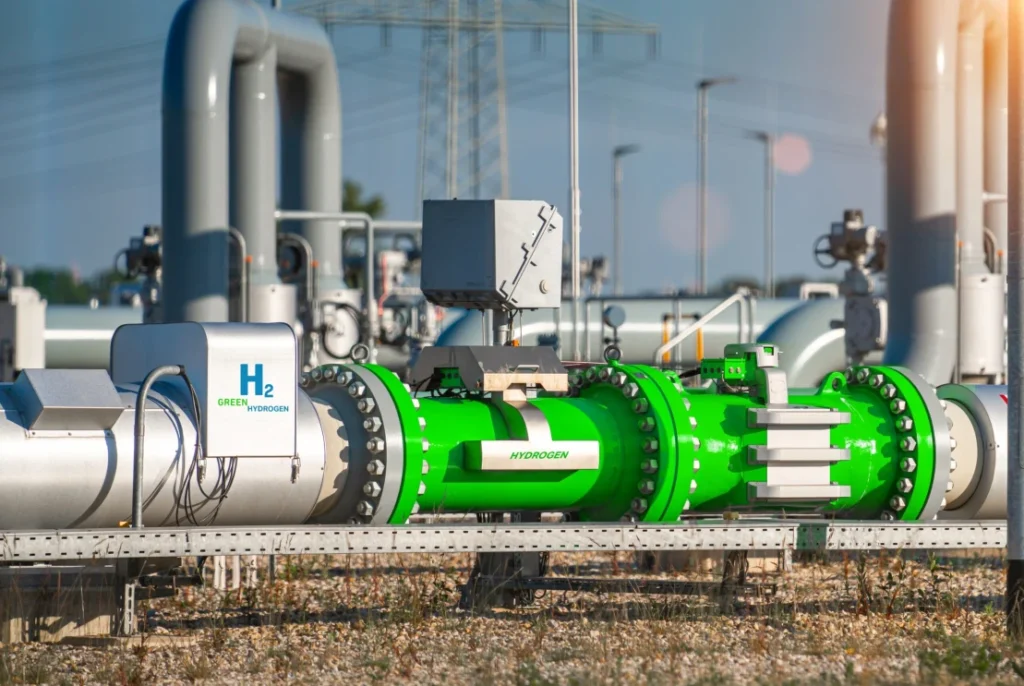
“Let’s really invest in it,” he told a World Energy Council event in Berlin, adding the firm had put aside EUR 1bn for hydrogen projects.
However, a rethink of current regulations was needed given the amount of red tape to get such projects off the ground, said Dohler.
“I don’t think we are making a stupid decision,” he said. “I think it’s a future-oriented decision. I don’t see any better alternative. But I can only say, if we don’t make it smart but make it stupid, that would be a big derailment of what we set up.”
He cited examples like having to wait two years for government approval of one of his company’s proposals.
Another problem was the criteria for green hydrogen, said Dohler, with the gas produced exclusively from renewable sources.
Projects cancelled
His comments came on the same day Danish utility Orsted confirmed it has scrapped plans to build a large hydrogen and e-fuels facility outside Copenhagen.
The project was planned to be developed in stages and reach a power demand of 1.3 GW beyond 2030.
“[The project] is no longer the right match for Orsted, as we are focusing on our core business, which is wind energy with green hydrogen as a relevant and complementary technology,” Robert Duncalf, the firm’s head of development in Europe, told local media.
The company announced last month it was reassessing the project’s viability given poor market conditions for hydrogen and e-fuels.

Photo: Audio und werbung/Shutterstock.com
In August, the group pulled out of a 70 MW electrolyser project in Sweden for similar reasons.
Several other Nordic hydrogen projects have been terminated or postponed in recent weeks, as buyers are hesitant to enter long-term deals due to high costs and the general immaturity of the market.
German utility Uniper also cancelled plans to develop a production facility for sustainable aviation fuels in northern Sweden, citing slower market development and the lack of necessary EU regulations.
The facility was designed to produce sustainable aviation fuels by combining biomass and green hydrogen, with an expected power demand of 200 MW.
Uniper is still developing two other hydrogen-based e-fuel projects in Sweden.
Meanwhile, energy firms Equinor and Shell recently scrapped hydrogen projects, while Norway shelved a hydrogen pipeline project with Germany.
Sky-high prices
Current guidelines for creating the resource have pushed up prices 88% compared to hydrogen derived from cheaper alternatives, said Dohler.
The country should pursue electrolyser options running on biogas, which could cut costs by 50%, he added.
Given the prohibitive costs, it was understandable why companies were shying away from the technology, added the EWE CEO, referring to a number of recent project cancellations in Europe.
EWE has several hydrogen projects in the pipeline, such as a 320 MW electrolyser in northern German Emden scheduled for a 2027 launch, with the technology seen as a key part of Europe’s energy transition.
Source: Montel

